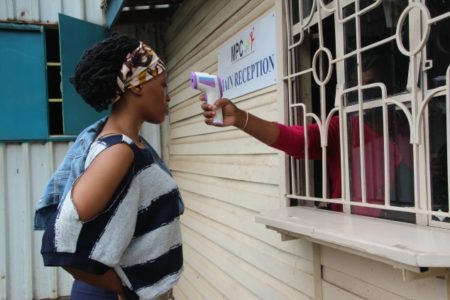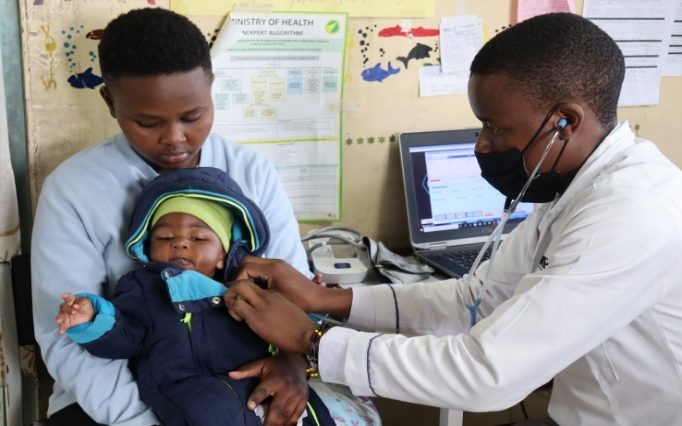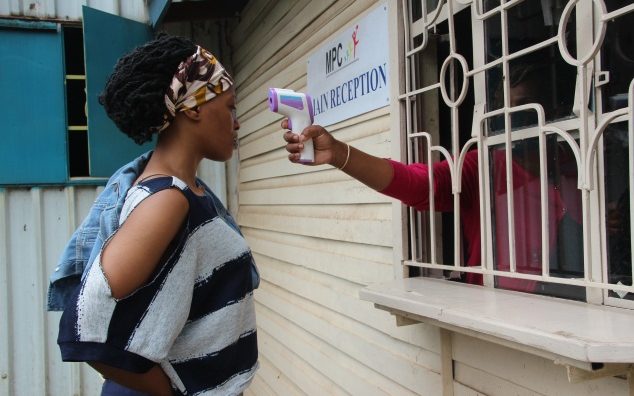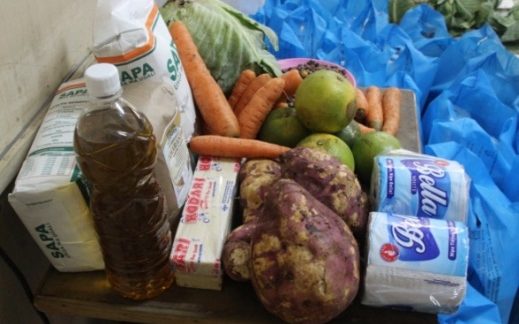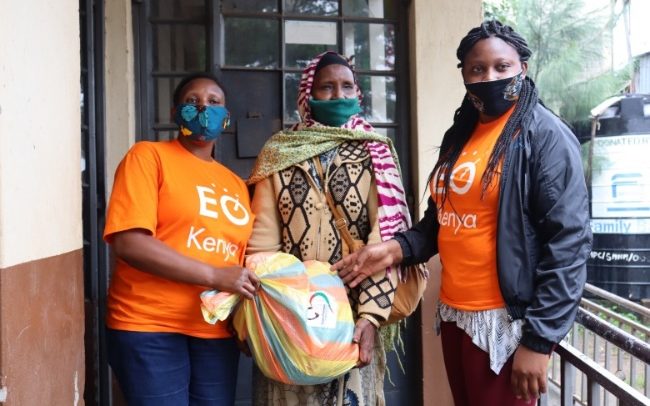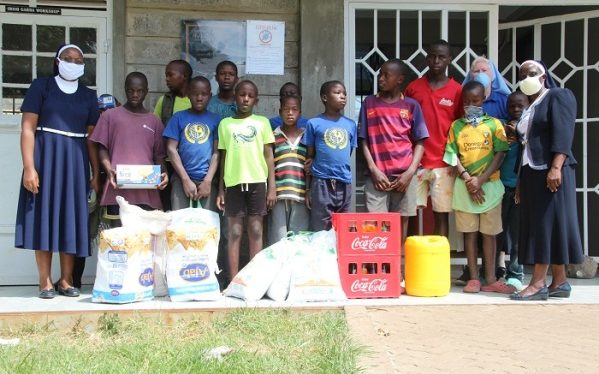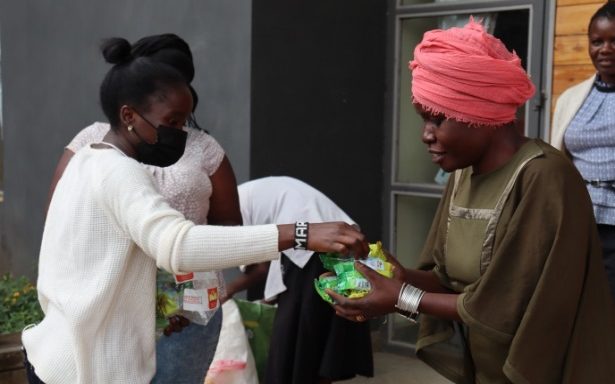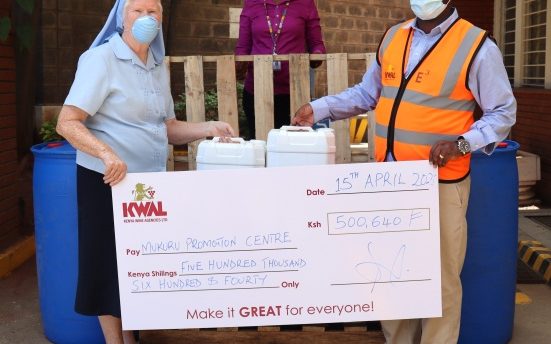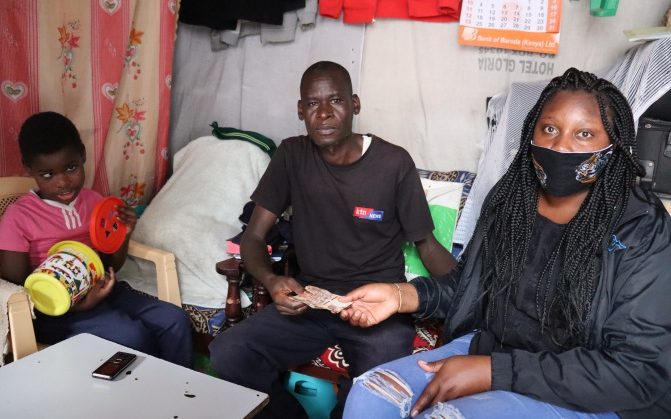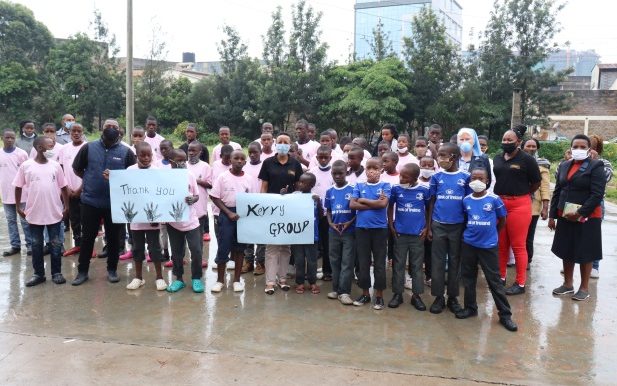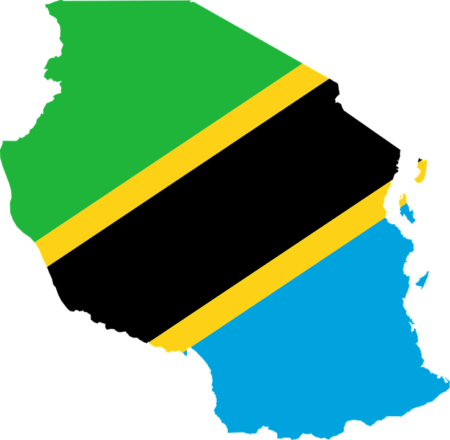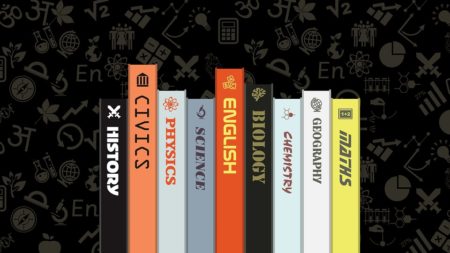Below are three articles from the Kenyan Province on how they are coping in these strange times of COVID-19
Mukuru Promotion Centre and COVID-19
Mukuru Promotion Centre has been instrumental in relieving the plight of Mukuru residents during the COVID-19 pandemic. The residents are depending on the Clinic for treatment and their medications as they cannot afford to be hospitalised.
The Mary Immaculate Clinic staff has been treating Mukuru residents since the beginning of the pandemic. Making sure that they have enough protective gear, like face masks, aprons, gloves and thermometers for temperature checks, so that they can handle the patients safely is important in trying to stop the spread of any infections. The malnourished patients also receive immunity booster parcels and nutritional food supplements. Because of the pandemic, the Mukuru residents lost their jobs. Getting their daily bread was a difficult task for them and their families. Due to the food shortage, social workers from MPC helped in giving out food that was donated by well-wishers and local donors.
Team Pankaj, who has been our biggest food donor, played a huge role in donating foodstuffs to the Mukuru residents during this time. Their food packages contained essentials to last a family of four for two weeks. The distribution was done by the MPC social workers. Because of a large crowd gathering at the premises, two of our social workers were arrested for breaking government regulations but, luckily after a lot of negotiations they were released with a caution.
The Sisters of Mercy Solidarity Fund, through the Province donated funds that kept the organization afloat during this time. Srs. Lilian and Agnes, on behalf of Sr. Joyce and the community also provided some foodstuff and crates of soda to the less fortunate boys at Mary Immaculate Rehabilitation Centre.
Some local companies like Melvin’s Tea and Kenya Wine Agencies (KWAL) donated to MPC in order to help in the plight of Mukuru residents.
Cheshire Disability Services Kenya (CDSK) also supported the parents of the disabled children with funds to keep up the health of their children as well as rental assistance.
We have been fortunate to receive donations from a number of individuals and groups from different places during this extraordinary time: Africa Direct, Paula Cullen and Friends, Maria Farrell and Friends, Manos Unidas as well as Kenyan, Spanish and Irish friends. Sr. Kathy Kettle who was held up in Australia when the pandemic struck, has also worked hard to raise funds together with Sisters and friends from Australia.
The Kerry Group who deal in food flavour manufacturing have been operating in Kenya since 2018. They recently paid us a visit to the Mary Immaculate Rehabilitation Centre and donated food parcels for the Clinic. We are incredibly grateful for their support.
The support that we have received during this time has been instrumental in helping Mukuru residents survive against starvation and reduce the economic impact of the coronavirus has had on their livelihoods. For this, we are most grateful. When many people work together for the poor, lives are saved.
Winnie Ogutu
Mukuru Promotion Centre
Natural Calamities, Demolitions And Corona Virus Pandemic In Kenya
For three months now Kenya has had an increase in the number of new infections and the virus has spread to almost all counties. We were all deeply shocked when the first case was reported, at that time people took precautions and stayed at home in total obedience. Two weeks down the line people began going back to their places of work. At this moment life is almost coming back to normalcy. A great majority of the people believe that there is no corona in Kenya and even the President of the neighbouring county Tanzania doesn’t seem to be shaken by the virus. No major measures have been put down in Tanzania.
Tanzania
Kenya’s poorest and those in slums have been greatly affected. Most have lost jobs, some relocated to their rural homes while the majority are struggling to feed their families after the lockdown. Those that are casual workers no longer get menial jobs like cleaning, gardening and washing clothes since the pandemic hit the country. With schools closed and all students at home, big families have suffered to the extent that young people from the slums are being involved in crime.
At the same time the government has not been so kind to the poor, there have been demolitions in slums and thousands of families were left homeless in cold and in rain. Most of the demolitions took place in the heart of the night with policemen effecting the demolitions. The cries and wailing of women and children are still fresh in the hearts of all who watched the events. It is still the worst of the human actions in this hard time.
Still in the year we have had locust invasions for the last 6 months with lots of crops destroyed and this compromises the situation of food security towards the end of the year and in the coming year. The problem has not been fully solved even after government’s efforts to spray the affected areas using air forces.
We also had a very sad moment when floods came and caused a number of deaths. The number exceeded those of corona related fatalities. Houses and animals were swept away and even a few of the rescue team also lost their lives. We still have some areas that the residents have not gone back to their homes and are living in makeshift structures.
The uncertainty of schools reopening has greatly affected the students and parents, not forgetting the staff who work in schools who have never been paid or have received half salary and compulsory unpaid leaves for months.
Among these and other challenges in the country the pandemic has affected relationships in families and friends. As Africans hand shaking is a sign of respect, it’s a very big challenge to keep away from the culture. Churches have been closed and the debate is still on, that they should be reopened. A Sunday without going to church is never taken easily.
The bright side of corona is that many well-wishers, organizations, philanthropists and church organizations have developed mechanisms of collecting food and other essential items for the poor. Thousands of families are still receiving food. The government has also done its part in creating awareness and providing sanitizers, free masks, free counselling, and free medical care to the infected as well as mass testing. Currently we attend mass via TV stations where the Catholic Bishops have been celebrating mass live every Sunday from the Holy Family Minor Basilica. In the communities Holy Communion services has been introduced and communities are requested to follow the government directives.
We pray for God’s care in Kenya and in Africa in general that God’s mercy as we have experienced it for the past three months may continue protecting us. The hospitals are never enough for the common diseases and with this pandemic, it’s only by God’s grace and Mercy that the situation can be managed.
Rose Maranga rsm
Kenyan Province
Education as Therapy to Children Growth and Development
‘The poor need help today not tomorrow’ (Catherine McAuley)
In Kenya, the year 2020 has been a time of reflection for the Mercy Sisters considering the breakout of Corona COVID-19 pandemic which halted all of our physical functioning due to social distancing regulation forwarded by World Health Organization and the Kenya government. In spite of these directives, we as Mercy Sisters have gone out of our way in assisting the needy in different ways as a way to respond to the emerging social needs at this time. Through this, we have been able to rethink our roles as disciples in the community, the families and society at large. A family is a unit that provides the basic support to its members including children. In the family, children are supposed to learn some specific values, morals and their identity which is their culture. The failure of the family to undertake these critical roles for their children contributes to low emotional intelligence among the children.
During this period of COVID-19 pandemic, schools in Kenya have adhered to the government directives of social distancing by sending their children home. It was expected that families/guardians would assume the roles of teachers and give absolute care to their children. This turned tragic when reports came out after three months that so many female learners have become pregnant. This has contributed to psychological trauma to the learners, parents, teachers and all the relevant education stakeholders. The responsibility of the teacher is to ensure that the general wellbeing of learners together with their parents are met. It has been impossible for teachers to keep close contact and observation of learners’ growth during this COVID-19, this has resulted in tragic loss, since many learners have been impregnated at home mostly by peoples known to them and therefore this may compel their discontinuation of their education dreams.
As Sisters of Mercy, these social challenges are of great concern to us and therefore call us to be practical and compassionate with love for our brothers and sisters whom we encounter in our environments. The COVID-19 has given us a true time of reflection on who we are, our roles to families and towards our God-given gifts who are the children. We are called to share passionately with the individuals in need as a way of transforming our people’s lives in our surroundings for the common good.
Agnes W. Kariuki rsm
Kenyan Province

